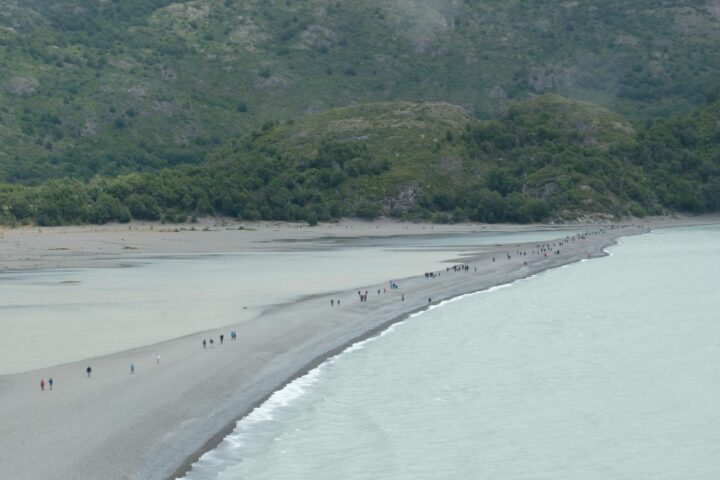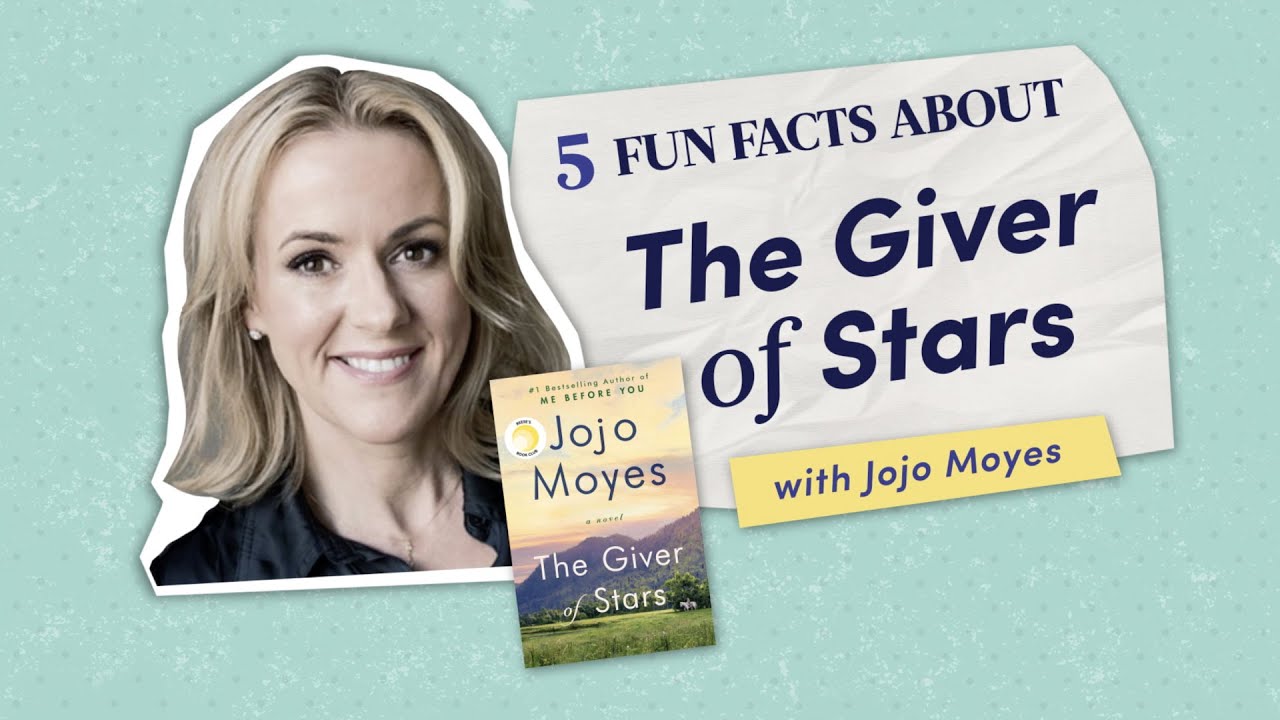I reached for my purse, strung over the back of the chair, and felt a cold splash of fear. The bag was unzipped, the sides hanging open like a gaping mouth. I yanked it onto my lap and dug and dug while the waitress looked on, impassive. I was in Budapest, three days into my two-week-long solo train trip around Central Europe, and my wallet had been stolen. I didn’t speak Hungarian or know another soul in the country, and my dinner bill was sitting in front of me, waiting.
I left without paying, promising the server in a language she couldn’t understand that I’d come back and reimburse her, sometime, before I left the following day for Croatia. Then Slovenia, then Italy, then Switzerland, different currencies in every destination, only a few nights in every town so there was no guarantee a replacement credit card from the US would arrive before I moved on. It sucked. It threatened to ruin the entire vacation. But you know what? I figured it out (Western Union transfers and all) and had an incredible trip. On my last night of the trip, watching the setting sun turn the Bern’s peaked roofs pink, I thought: Damn, if I can keep my wits about me and figure that out on my own, what can’t I do?
Young men have always had the confidence-boosting ability to strap on a backpack and travel the world (my dad did so in the ’70s; didn’t yours?), and from the experience they learn to trust themselves, to get out of jams, to feel frustrated and lonely and realize that it’s okay; they can get through it and be fine. A sense of freedom follows, a reminder that they have agency, acuity, the ability (no, the birthright) to evolve and explore. Women? We hear the opposite: Watch your back. Avoid entire swaths of the globe. Assume that something will happen to you, and really, it’s better for everyone if you just stay home and watch Bravo. (I can only imagine how heightened this feels for trans, nonbinary, and other gender-nonconforming folks, whose sense of freedom and safety out in the world is constantly under threat.)
I’ve been to more than 30 countries, many of them unaccompanied or with a single female friend, and people are always telling me I’m brave or reminding me to be careful. In fact, the assumption of male violence toward women is such a given that a joke about it inspired . In 2019, I was in a remote mountain town in Chile myself, where my friend and I befriended the only other backpacker in Pisco Elqui. He was so kind and non-creepy that we all jumped on a running gag about how he was actually a psycho angling to kill us and steal our money.
One night, we were drinking wine in our hotel suite, and someone made yet another crack about his diabolical plan. Then I said, “Stephen, you’ve known us exactly as long as we’ve known you…and you didn’t watch us pour your wine in the kitchen. What makes you so sure you shouldn’t be afraid of us?” A long silence ensued, and a seed took root in my mind: What if a couple of globe-trotting women weren’t fearful but rather the ones with blood on their hands? Society’s always telling us the world is a dangerous place, one women aren’t suited for. On some deeper level, I suspect all the hand-wringing and subtle victim-blaming are about keeping women’s lives small and convincing us we shouldn’t get out there and experience the world. But being frustrated or hopelessly lost or having zero clue how I’m going to get from Point A to Point B—I value those parts of a trip, because I push through them and ultimately feel stronger, smarter, safer; they increase my personal sense of freedom, and my trust in myself. With the world opening back up for travelers, I’m not saying women should throw caution to the wind—but we absolutely should seek out experiences that make us feel competent and brimming with agency.
In , two women face down the violence casually inflicted on them by male backpackers, as if it’s their birthright: the banal, expected trauma that comes along with having a female form. And in my thriller, the women fight back, killing in self-defense and then running from the crime—outsmarting authorities in an international game of cat-and-mouse. They’re acutely aware that their gender is, for once, protecting them: Though we communally heap violence on women, no one ever expects ladies to dish it back.
It’s a wild exaggeration of what I do when I’m on the road: not burying bodies, obviously, but getting myself out of jams and realizing what a badass I am in the process. Finding myself in the ugliest travel binds has built up my sense of personal freedom. Because the threat of sticky situations on the road—a stolen wallet, a transportation breakdown, a canceled flight or missing reservation or pickpocket—shouldn’t cause us to stay home; rather, those snafus are the lessons that teach us that we’re smart and brave and, just like men, free.



